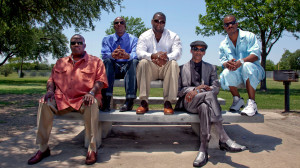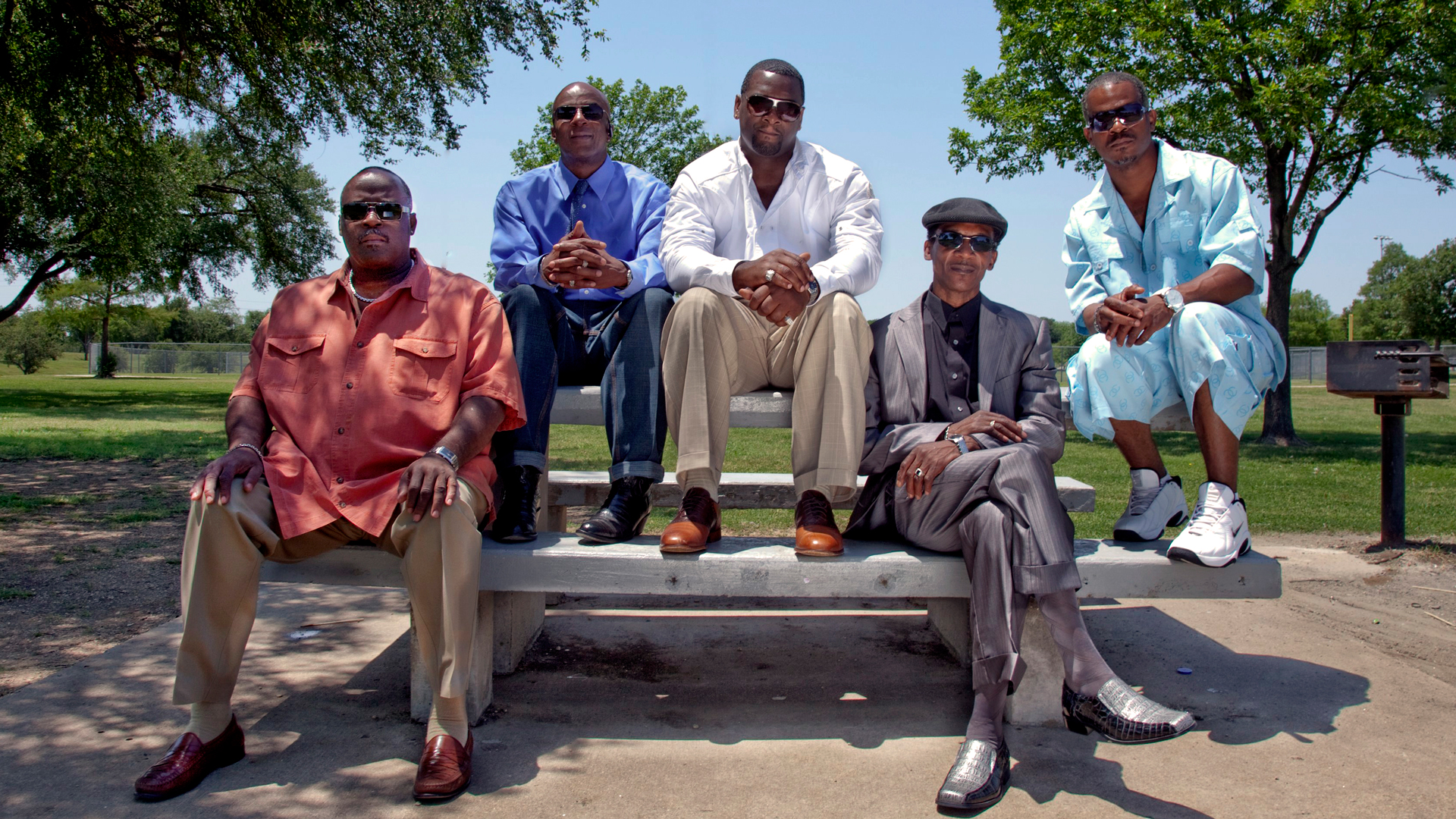Assistant Professor of Art and Art History Jamie Meltzer has directed four documentary films to date and recently raised $31,520 through Kickstarter for a fifth, entitled “Freedom Fighters.” The film, which has an undetermined release date, follows the story of a group of Texans who were arrested and later acquitted for crimes they did not commit. After being released from jail, they decided to launch a detective agency to help others who had been wrongfully accused. Meltzer sat down with The Daily to discuss his hopes for the film and how he became involved with the Freedom Fighters.

The Stanford Daily (TSD): How did you hear about the Freedom Fighters detective agency, and why were you interested in making a film about it?
Jamie Meltzer (JM): I have a friend who I’ve worked with before who is a reporter in Texas—he writes for The Texas Observer—and he told me about this group of exonerated men…That sounded interesting, but there have been a lot of documentaries about that subject. But he then told me that these guys had gotten together and were forming a detective agency, and that really kind of caught my interest because wow, I mean, these guys have been through really intense injustices on their own. That’s part of their own personal story, and now they’re turning that into trying to help other people that were in their position, people that were wrongfully convicted or possibly wrongfully convicted and are still in prison, and they want to see if they can free those guys…That just seemed like a fascinating process to see unfold.
TSD: How did you raise money to make the film, and why did you decide to use Kickstarter?
JM: A budget for a film is usually several hundred thousand dollars, and Kickstarter is going to be a small part of that. But it’s an important part because the name kick-starts your project and gets you going at a phase where it might be difficult to raise money. But the main reason I wanted to use Kickstarter…is not so much as a fundraising tool but as an awareness raising tool, to get people aware of the project and the issues…and when the film does come out, I now have this group of people who are passionate about it and who are going to help promote it [and] help get it out there. The amazing thing about Kickstarter is that you can start getting these emails and inquiries from people all over the country who are very excited about what you’re doing and all kinds of other support.
TSD: What have been the most challenging and rewarding parts of creating the documentary?
JM: We’re about a year into it, and it’s been a great project so far. The group of exonerees is an interesting community to have access to. It’s a privilege of being a documentary filmmaker that you get to go into these different worlds that you would never encounter otherwise…The challenge is really only in putting the project together and trying to sell the documentary before it’s made. I now have to go out there and allow the time I’m spending as a filmmaker to be not making the film but [also] fundraising and producing, and I find that to be a challenge. You’re trying to do a lot of different things [and] fund it from a lot of different angles. You have some success, but it’s a lot of searching for allies, money and grants.
TSD: What is it like speaking with people who spent more than two decades in prison for crimes they didn’t commit?
JM: One of the most unbelievable things about it is if I was in prison for something I didn’t do for one day or one year, or five years, I almost can’t imagine the experience and I’m positive that I would be broken by that experience…but these guys aren’t bitter really at all. And the whole point of the detective agency is to use that experience that they have, the injustices and the tragedy that they went through, to use it for good and to make real change.
To me that’s just a totally inspiring notion, and the way that they view the world is totally fresh, in a totally different way because they’ve been locked up for 10 to 20 years, so they appreciate things differently than I do. I take things for granted. They don’t. They can sit outside and listen to the birds chirp in the morning and that can be for them this whole experience…it’s been a real lesson in appreciating the smaller things in life.
TSD: What do you hope viewers learn from the film?
JM: First of all, I’m always trying to tell an incredible story…And one thing that excited me about this is the detective genre part of this and mixing that with the documentary genre. I like the idea of playing around with that in film terms. As far as the lessons I want people to get from the film, it’s in progress, so it’s a little bit hard to say now. But even at this point I think the most important thing is for people to learn how wrongful convictions happen…I don’t think people are as aware of that issue as they should be.
A lot of it has to do with the justice system and the way that it’s set up in terms of defense attorneys for people who can’t afford to get defense. They end up making a lot of compromises. There are a lot of issues with police misconduct and all of this leads to wrongful convictions. Raising awareness around all of these issues is what these guys are all about and hopefully what the film will be about.
TSD: You teach in the film and media studies department, and also in the master of fine arts program in documentary film and video. How will you share the film and your experience with future students?
JM: We’re constantly teaching students how to do documentary storytelling, and how to tell stories in an interesting way. We talk about how to bring out thematic content [and] social issue content. I think by being a practicing filmmaker, I bring that experience to the classroom naturally. I think it’s important to be actively engaged in the area you are teaching. So whether it’s taking films to film festivals and learning about that world, and the marketplace out there, or learning about production, which I’m in now, or thinking about structure and editing, those are all things I try to bring to the classroom.
This interview has been condensed and edited.
